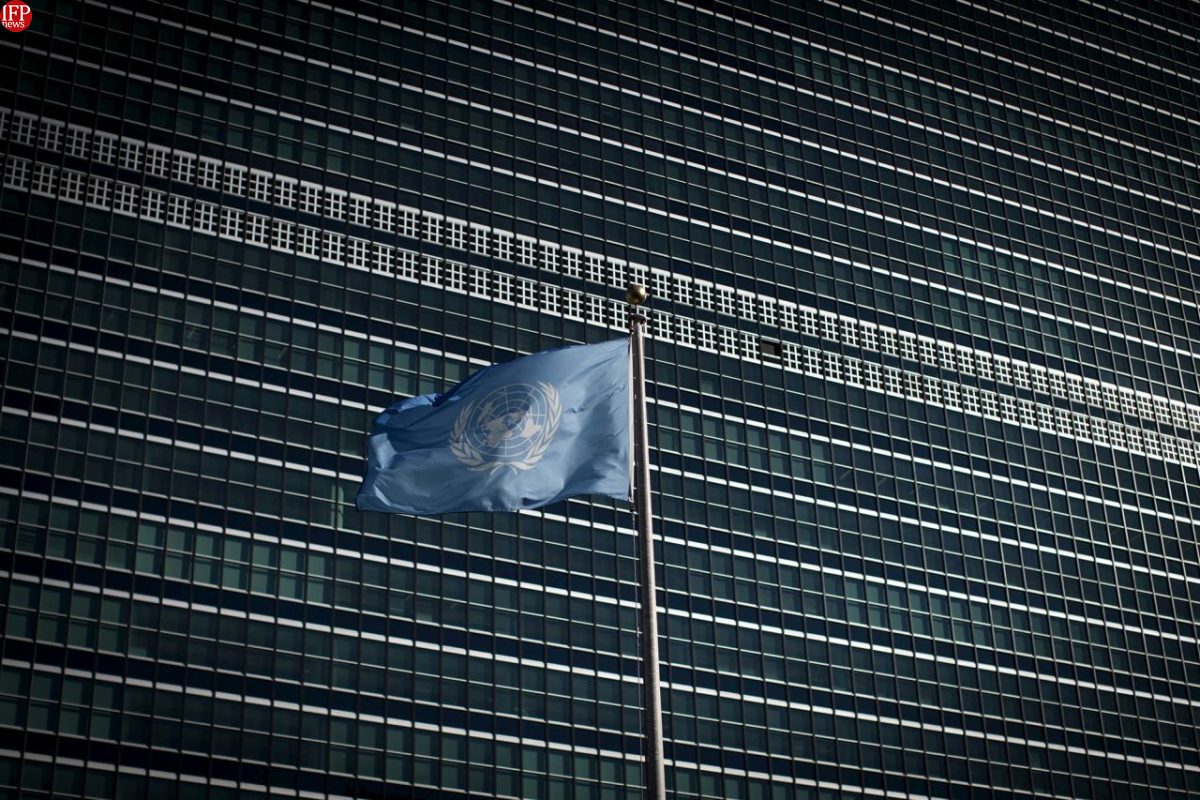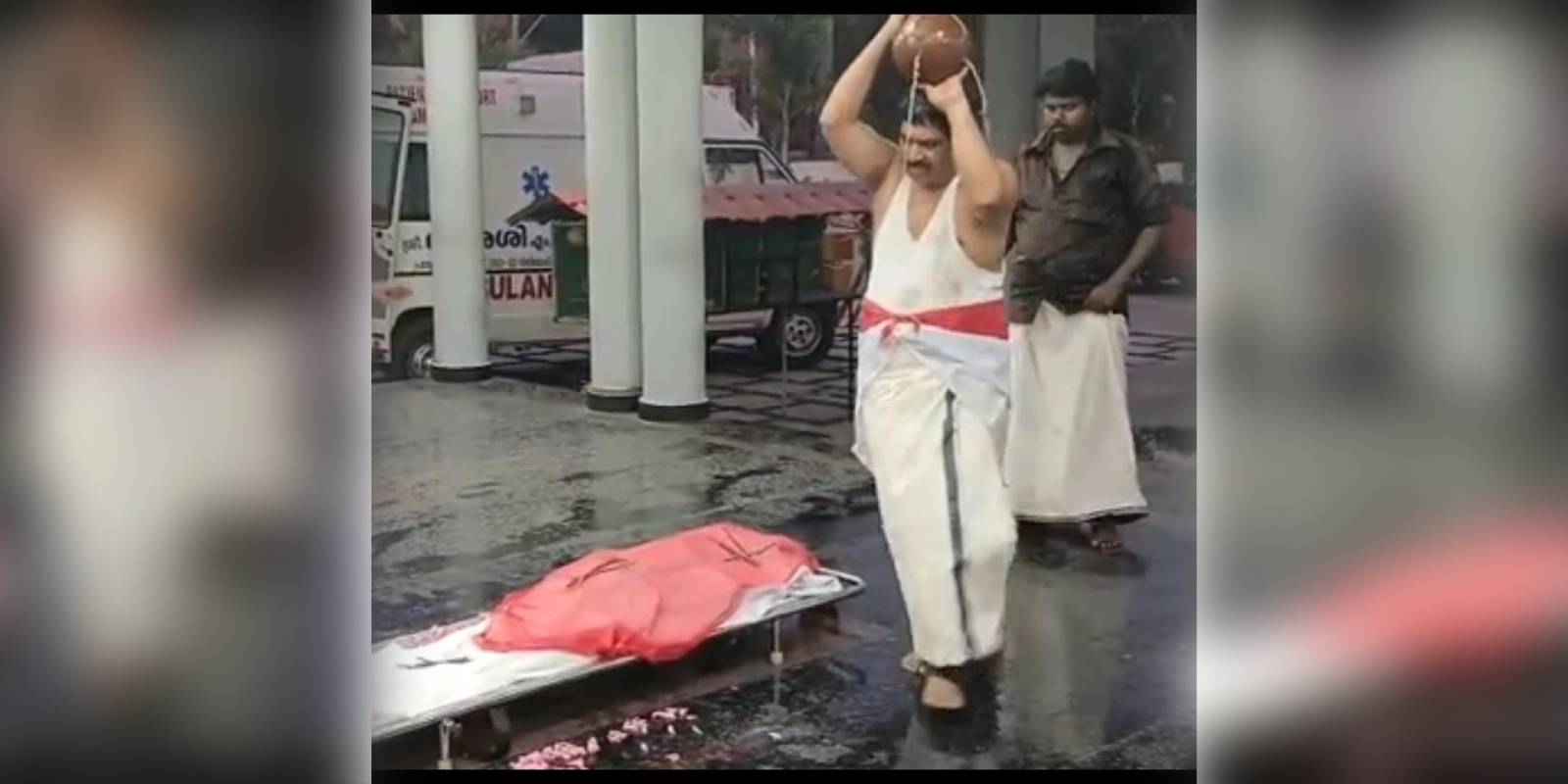By Ifp Media Wire
Copyright ifpnews

The draft, submitted by Iran and five other nations to the 69th General Conference of the International Atomic Energy Agency (IAEA), calls for a ban on any attack or threat against nuclear sites under the IAEA Safeguards.
Reza Najafi said on Tuesday that the US has no valid argument against the resolution, which is rooted in longstanding international norms, including UN Security Council Resolution 487, which condemned Israel’s 1981 strike on Iraq’s nuclear reactor.
He added the resolution’s principles align with the UN Charter, the IAEA Statute, and the Non-Proliferation Treaty (NPT), and have previously been endorsed at NPT review conferences.
Najafi also noted that IAEA Director General Rafael Grossi, though inadequately, affirmed that no attack should occur under any circumstances.
He warned that attacks on facilities containing nuclear material could have devastating environmental and public health consequences.
The resolution comes in the wake of the US-Israeli aggression against Iran in June, which targeted the country’s nuclear facilities.
Iran says the attacks on its safeguarded nuclear facilities have endangered personnel, nuclear material security, the environment, and the credibility of the non-proliferation regime.
Iran has sought international support for the resolution, with its ambassadors meeting foreign ministries in various capitals, and similar consultations taking place in Tehran.
Despite broad agreement on the resolution’s principles, Najafi said political pressure has led some countries to withhold support. So far, only five nations, in addition to Iran, have endorsed the draft.
The Iranian envoy added that it remains unclear how far the US pressure will influence the final vote, which is scheduled for September 18.
He said reason dictates support for the resolution, though reason does not always prevail in international politics.
Najafi cited two years of Israeli crimes against the Palestinians, particularly women and children, that have gone unaddressed by the international community.
He criticized the post-WWII international system for concentrating power in the hands of a few states, citing the US veto in the Security Council as a barrier to even basic ceasefire resolutions.
Iran, along with Belarus, China, Russia, Venezuela, and Nicaragua, has submitted the draft resolution to the IAEA General Conference.
It stresses the need to prohibit any attack or threat against peaceful nuclear facilities under the IAEA Safeguards, considering such actions a serious violation of international law and a threat to global peace and security.
The 69th IAEA General Conference opened on Monday and will run until September 19.



